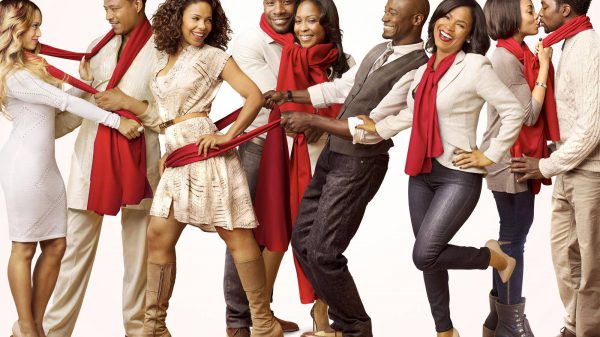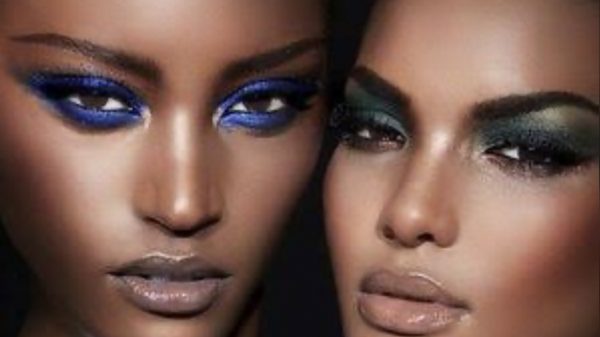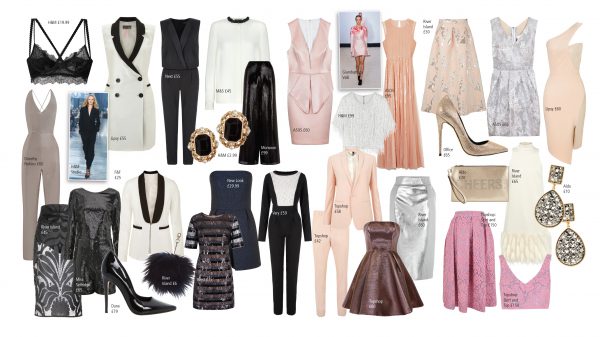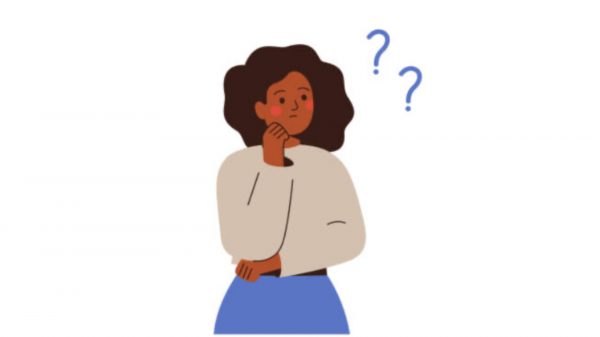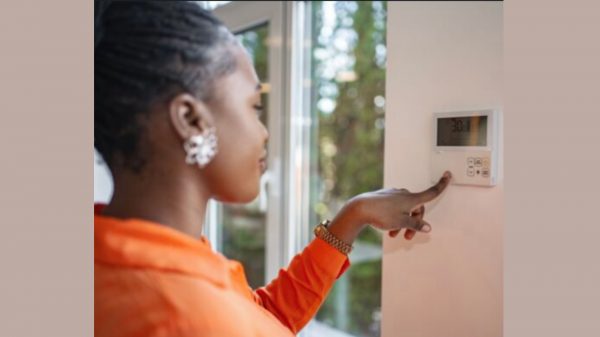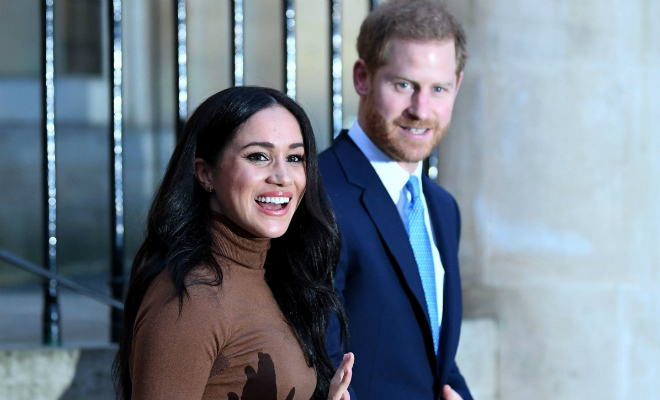On a chilly Wednesday evening in 2 months ago, my phone lit up with news that many of us had halfheartedly predicted would come true at some point: Harry and Meghan were stepping back from the Royal Family.
With the Duke and Duchess of Sussex deciding to step back from their positions as senior members causing the first media social commentary storm of the year, Nicole Vassell explains how the furore has exposed an ugly British truth
With a statement posted to their Instagram account, as well as on their newly-launched website, the Duke and Duchess declared their intention to step down from their roles as ‘senior’ members of the Royal Family, and split their time between the UK and North America. Meghan, soon after the initial announcement, flew back to Canada, where the young family had spent the Christmas break, prompting media to adopt the term ‘Megxit’.
While, by now, I’m used to any news story about the Sussexes to be followed by days of draining debate on the airwaves and on our TV screens, this latest round of discussion has been particularly stressful, and has been the clearest example of the racist bias against Meghan.
However, the idea that racism is anything to do with the horrific way that Meghan has been treated in the media, ever since their relationship first became public in 2016, is something that is widely treated as sensitivity, or difference of opinion, rather than a fact. Where it started with writers commenting on how she could bring ‘exotic DNA’ to the Royal Family, or that she’s ‘almost straight outta Compton’, discussion of her essential ‘difference’ from the institution has become more covert in recent years; hidden jabs, sharp enough to injure but small enough to hide the puncture wound. Meghan is consistently vilified for doing things that Kate, Duchess of Cambridge, has done – from eating avocados to resting a hand on her pregnant belly. While it’s not quite the ‘n-word’, it is in fact possible to be racist without a slur – and this constant pile on every time that Meghan’s name is mentioned is an example.
‘Being a Duchess won’t protect you – this country will serve you racism on a plate and expect you to shut up and take it’
‘Megxit’ has reminded me that so many people simply don’t want to hear what Black people really have to endure in this country. An affluent actor, whose name I only know because of his public dismissal of any racism in Britain, is now being heralded as an anti-woke hero – a voice that oh-so-bravely rises above the rabble of ‘snowflakes’, whose biggest crime is wanting a more just society. ‘Megxit’ has exposed the worst of this country that Black people and other people of colour have long been aware of: it’s racist out here. While this doesn’t mean that every single person in the country is racist – an annoyingly obvious, yet necessary disclaimer – there is racism built into the bones of this country, so omnipresent and treated as the norm that it forces you repeatedly to prove its existence.
While the presence of racism is obvious to many, there are countless others who will do what they can in order to prove it’s not the case. And it’s not even the frustration of explaining instances of racism to people who want to learn; it’s Black women being shouted down on morning television by a host whose main goal is to tell them they’re wrong, and simply making a big deal out of something that doesn’t exist. The words of the oppressed are falling on deaf ears, and seeing it happen repeatedly is exhausting.
‘Megxit’ has taught me that even being a Duchess won’t protect you – this country will serve you racism on a plate, expect you to shut up and take it, and attack you further if you refuse it. I’m happy that Meghan, Harry and Archie have the ability to escape, and protect themselves from the immediate pain of attack from a country they’re meant to love. But for myself, as a Black British woman, the years since 2016 have been an unwelcome lesson in realising that maybe there’ll never be a time where I can be real about what I see and feel, and have the confidence that I’ll be taken seriously. I sincerely hope this country proves me wrong, and soon.










